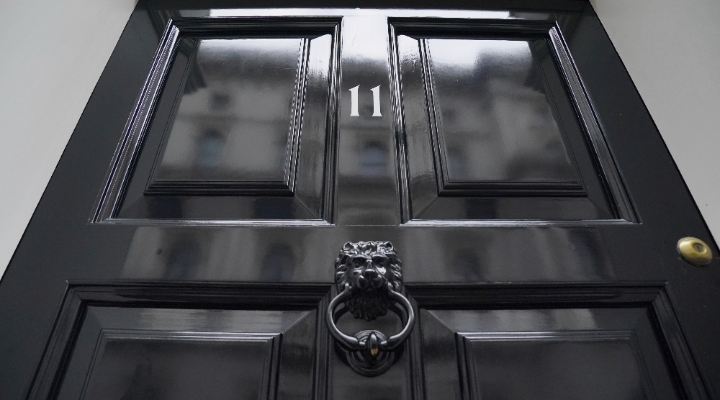
The government's plans to abolish non-domiciled, or "non-dom", tax status will leave open a loophole worth more than £400 million, the Labour Party has claimed.
At the Spring Budget last month, chancellor Jeremy Hunt announced plans to abolish the current system for taxing non-domiciled wealthy foreigners living in the UK, which allows them to pay tax only on their UK earnings and not on money earned abroad.
Instead, he said this would be replaced with a "modern, simpler and fairer residency-based system", with the resulting £2.7 billion a year raised from scrapping the special status put towards tax cuts for those on lower incomes.
Under the new system, anyone who has been a tax resident in the UK for more than four years would have to pay tax on their foreign income and other gains.
Ministers are also consulting on changes to inheritance tax for wealthy foreign UK residents, but the Treasury has said non-UK assets placed into an overseas trust by April 2025 will not be in the scope of inheritance tax at all.
Labour, which had long called for the non-dom status to be scrapped, has claimed this provides a loophole in the government's proposals. Its own analysis suggests this would be worth £430 million in additional tax to the exchequer.
Shadow Treasury minister James Murray has written to the government asking questions about the new rules for assets placed into overseas trusts.
Among his questions, Murray asks whether the prime minister Rishi Sunak, his family members, or their representatives, had been involved in conversations about the scheme.
Murray, Labour's shadow financial secretary, says: "it has taken years for the Conservatives to u-turn – to finally drop their opposition to abolishing the non-dom status and follow Labour's lead.
"However, buried in the small print of Rishi Sunak's non-dom plan is a £400 million-a-year loophole that will benefit some of the wealthiest people in Britain.
"At a time when taxes on working people are set to be their highest in 70 years, and our public services are their knees, voters will rightly be asking why once again it is one rule for them and another rule for everybody else.
"The Tories need to come clean about this gaping loophole in their non-dom plan and guarantee to the British public that people who make their home here, pay their taxes here too."
Labour has its own history of embarassment on the issue of non-dom status, however.
At the 2015 election, the party pledged to scrap the status, but when then-shadow chancellor Ed Balls went on the air to defend the policy, he was confronted with evidence of a radio appearance months earlier in which he had argued enacting the policy would not lead to higher tax revenue. At the time, it changed the tone of the election campaign. Balls went on to lose his seat.
A Treasury spokesperson says: "the government will abolish the current tax system for non-doms and replace it with a modern, simpler and fairer residency-based system – using the revenue to cut taxes on working people."
Source: AP





























